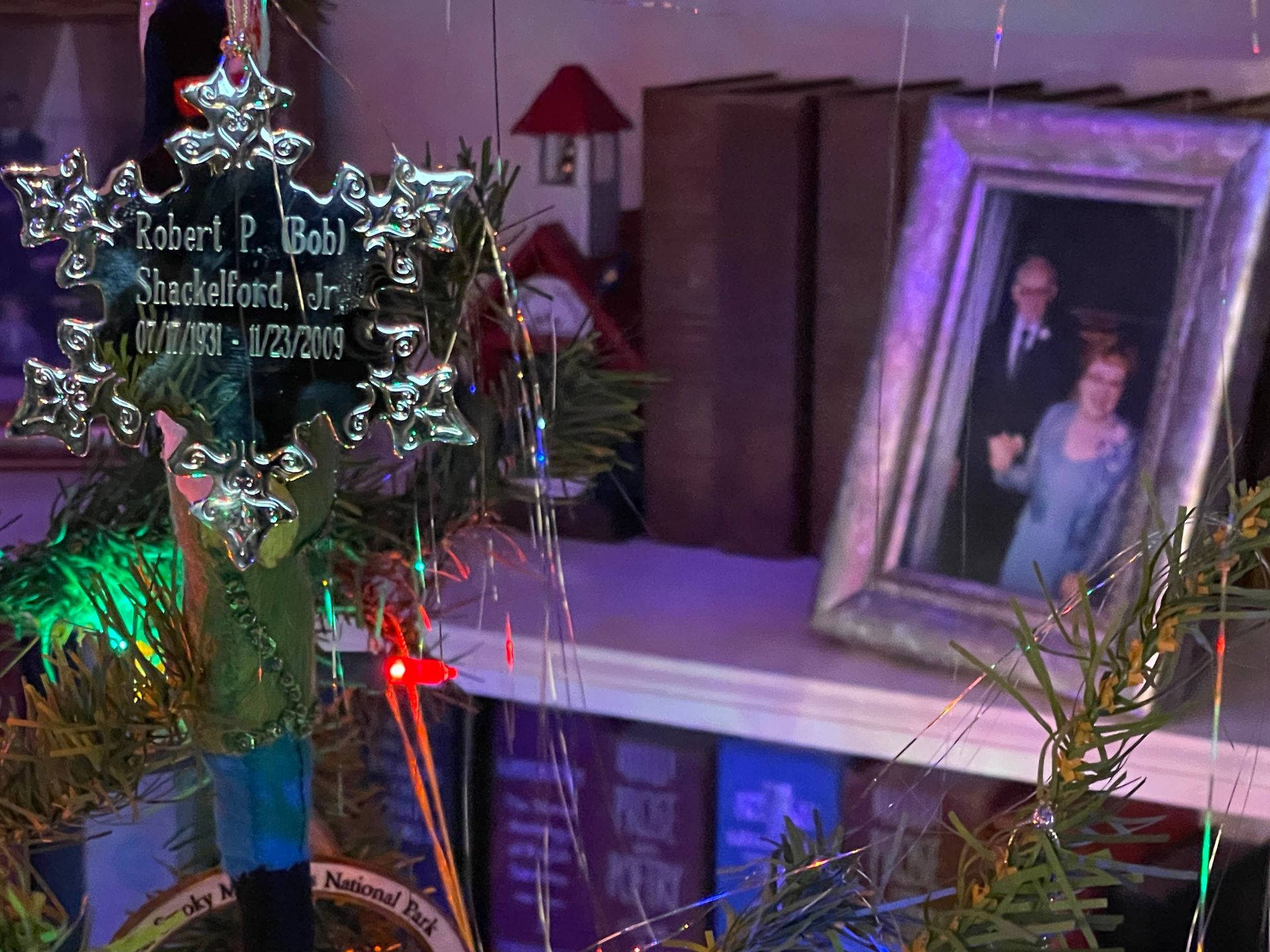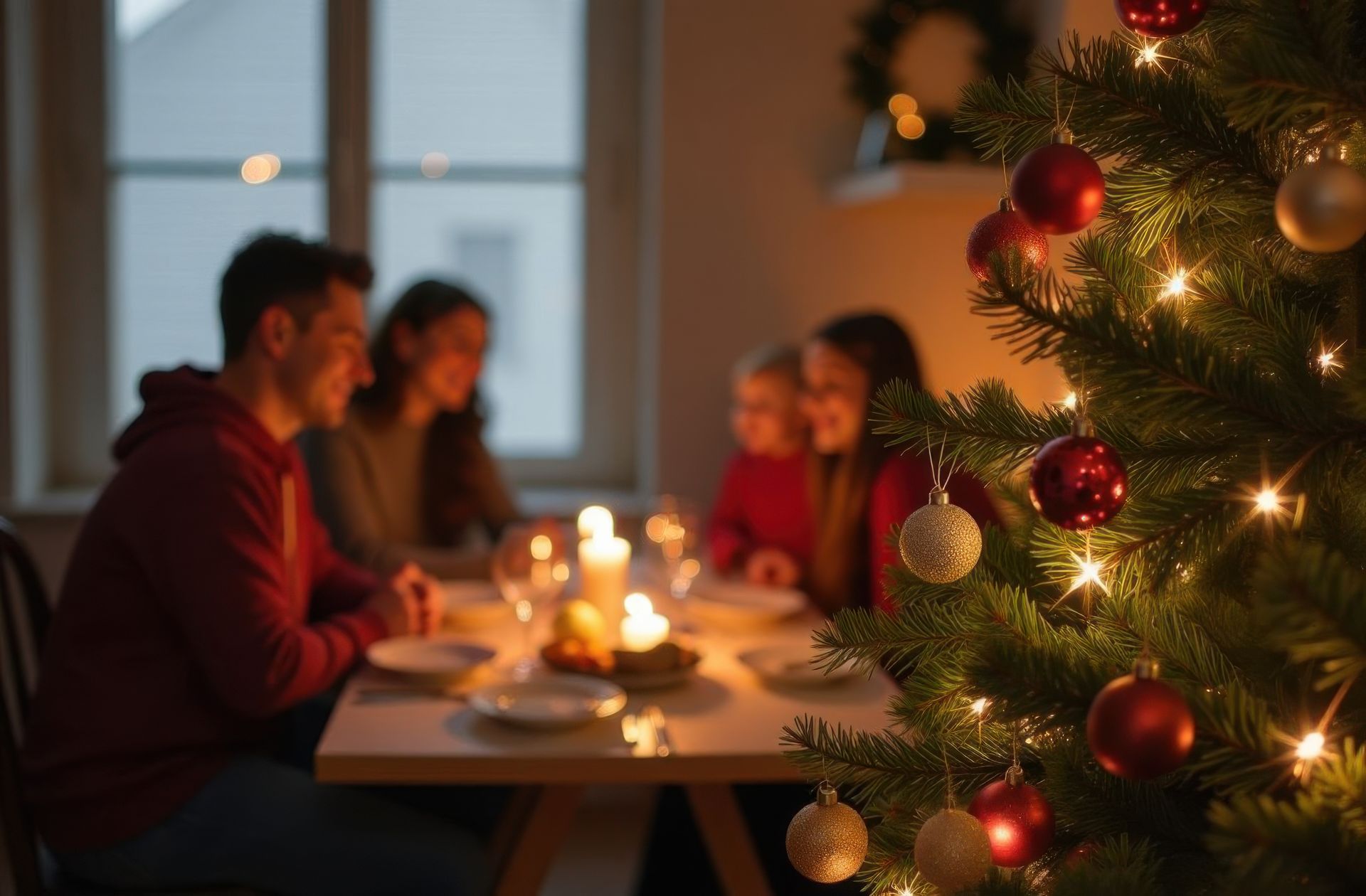The Forgotten Ones
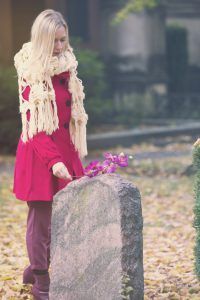
The holidays had been difficult but not impossible. They had gotten through them as a family, sharing memories and laughter and, occasionally, tears. And they had tried to include her as much as possible—‘her” being his girlfriend, the young lady to whom he planned to propose at Christmas. But his tragic death in July had put an end to any plans he might have had and certainly to any future they would have had together.
They included her and her family in their Christmas Day meal. They encouraged her to be open to the possibility that there could be someone else in the world who, one day, would mean as much to her as their son did. After all, he would never want her to be alone in life. But that openness takes time and she simply hadn’t reached that point.
They are often the forgotten ones, girlfriends and boyfriends who are on the path to a more permanent relationship but who suddenly find themselves alone. Not only have they lost their best friend, the person with whom they spent the most time, and their potential spouse, they’ve also lost their future. The wedding they were planning will never happen. The children they would have had together, the family they would have built, will never be. They will not grow old together because they will never be together in that kind of relationship. Those nevers take away their hope and their anticipation—and every one of them haunts their dreams and churns their waking moments into emotional chaos.
Although these people and their loss may initially be acknowledged as equal to that of the family, I’m afraid we tend to view them differently after a brief passage of time, the idea being they still have a life ahead of them. If they’re young, then they’ll find someone else and it will all be okay, or at least better, because they’ll have someone with whom they can share their life. If they’re older, then they’ve probably already had opportunities to experience love and commitment, so at least there’s that. We minimize their pain because we see, what to us, are obvious remedies. It almost becomes the replacement puppy syndrome. If you lose a pet, you still have that love and attachment to them and you still miss them terribly, but if you get another pet—say, a new puppy or a tiny kitten—then their playfulness and adorable nature can make you smile again and seems to lessen the pain of your loss. Some folks tend to view this type of loss through the same lens. It would be nice if it were as simple with people as it might be with puppies, but it really isn’t. Other people may come and go, others may kindle a relationship that ends in marriage or a life-long commitment, but it takes a special person to live with the ghost of their predecessor and there will always be those haunting memories of what might have been but which Death cruelly snatched away.
So many times our perspective changes how we respond to someone else. If we’ve walked their path it’s easier to understand how they might react and what they might be feeling. That doesn’t mean we know exactly what they’re experiencing—and we should never believe that it does. But it should give us a significant measure of compassion for and patience with them. On the flip side of that coin, when we haven’t experienced that pain, we shouldn’t judge how someone responds or how long it takes them to adjust to their loss and be open to new relationships—especially when the relationship for which they are grieving never had the chance to become what it was intended to be.
The post The Forgotten Ones appeared first on Shackelford Funeral Directors | Blog.

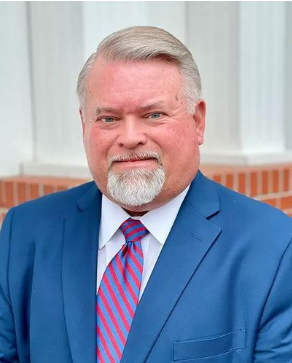
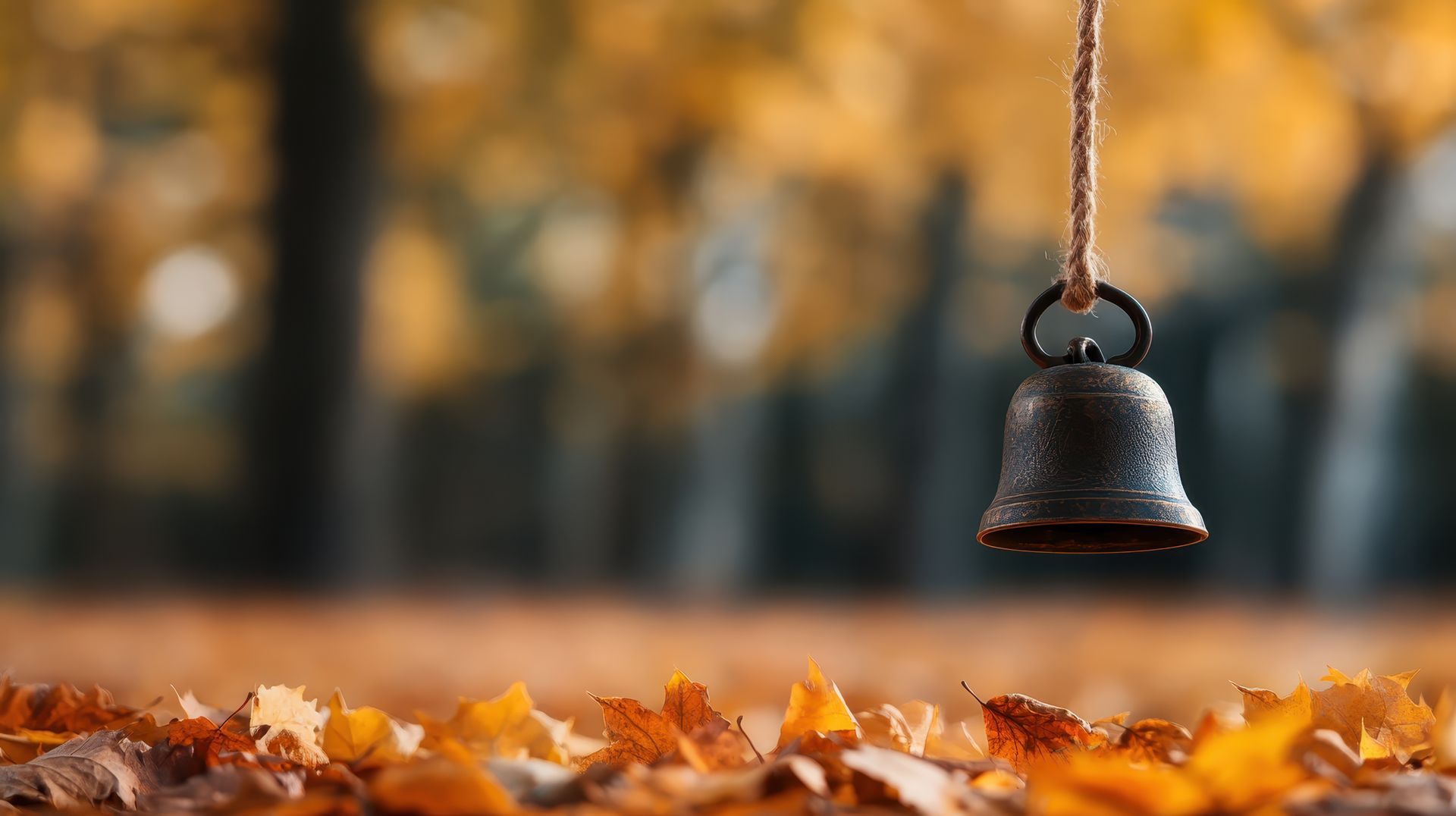
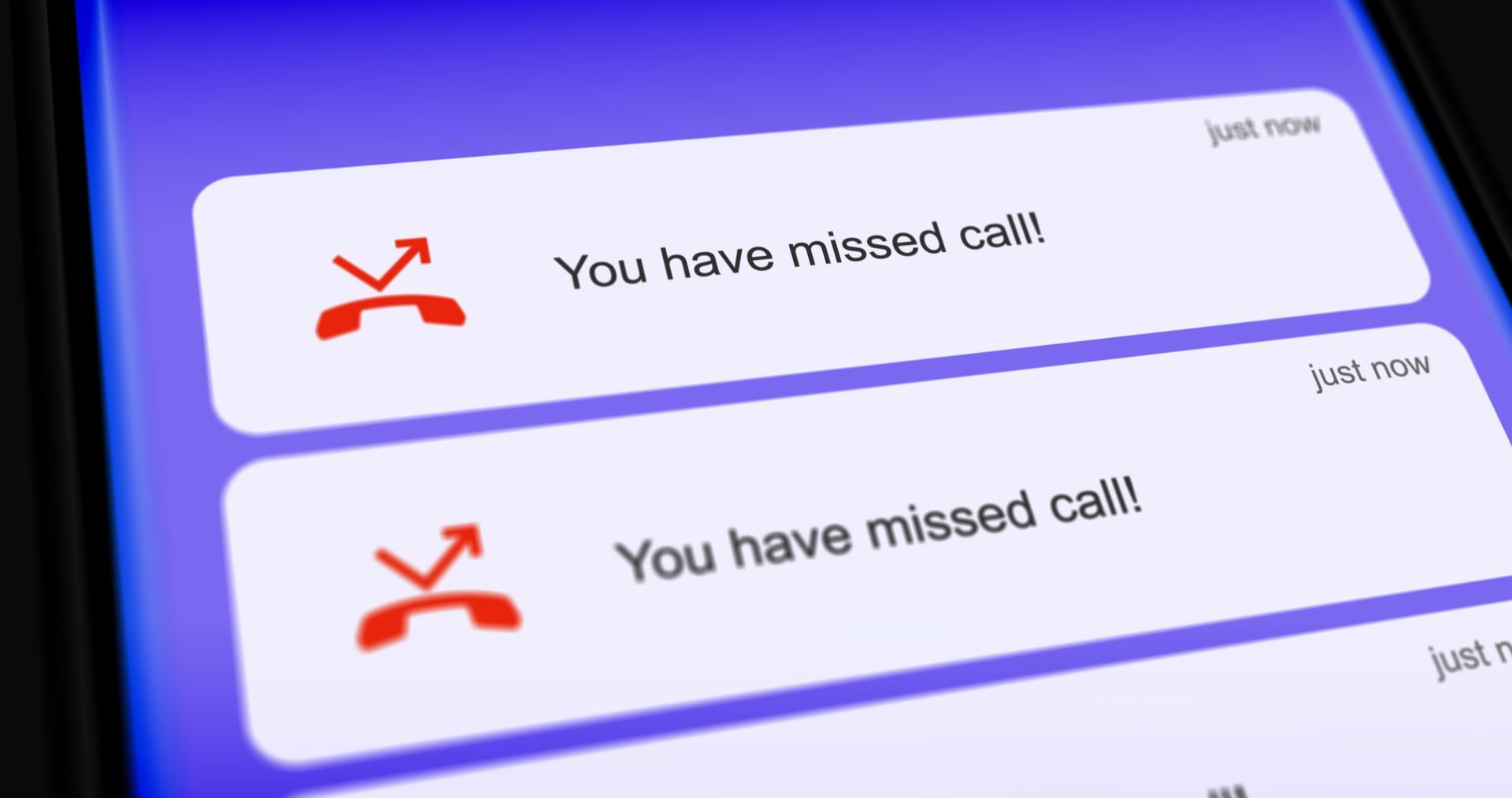
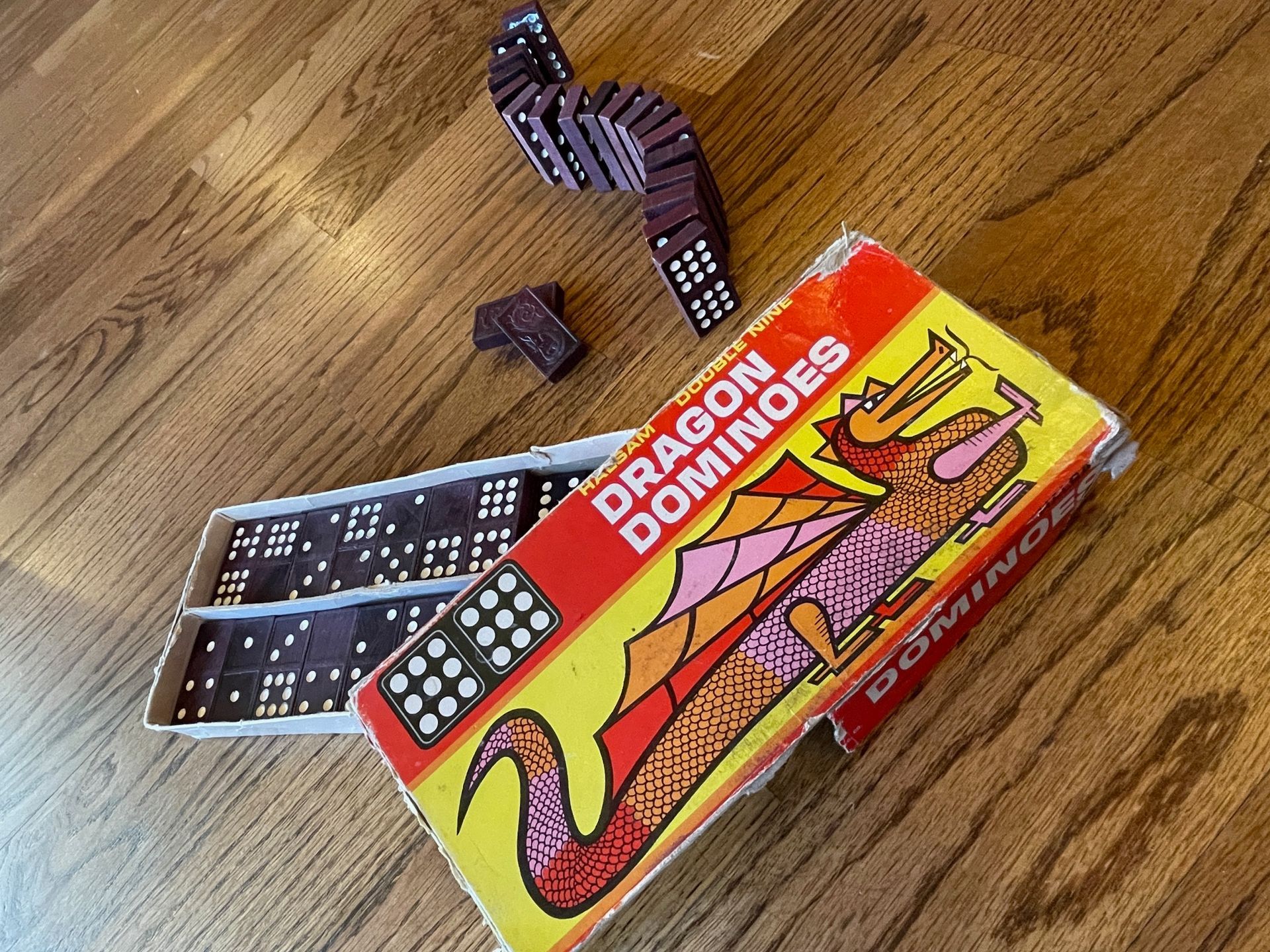

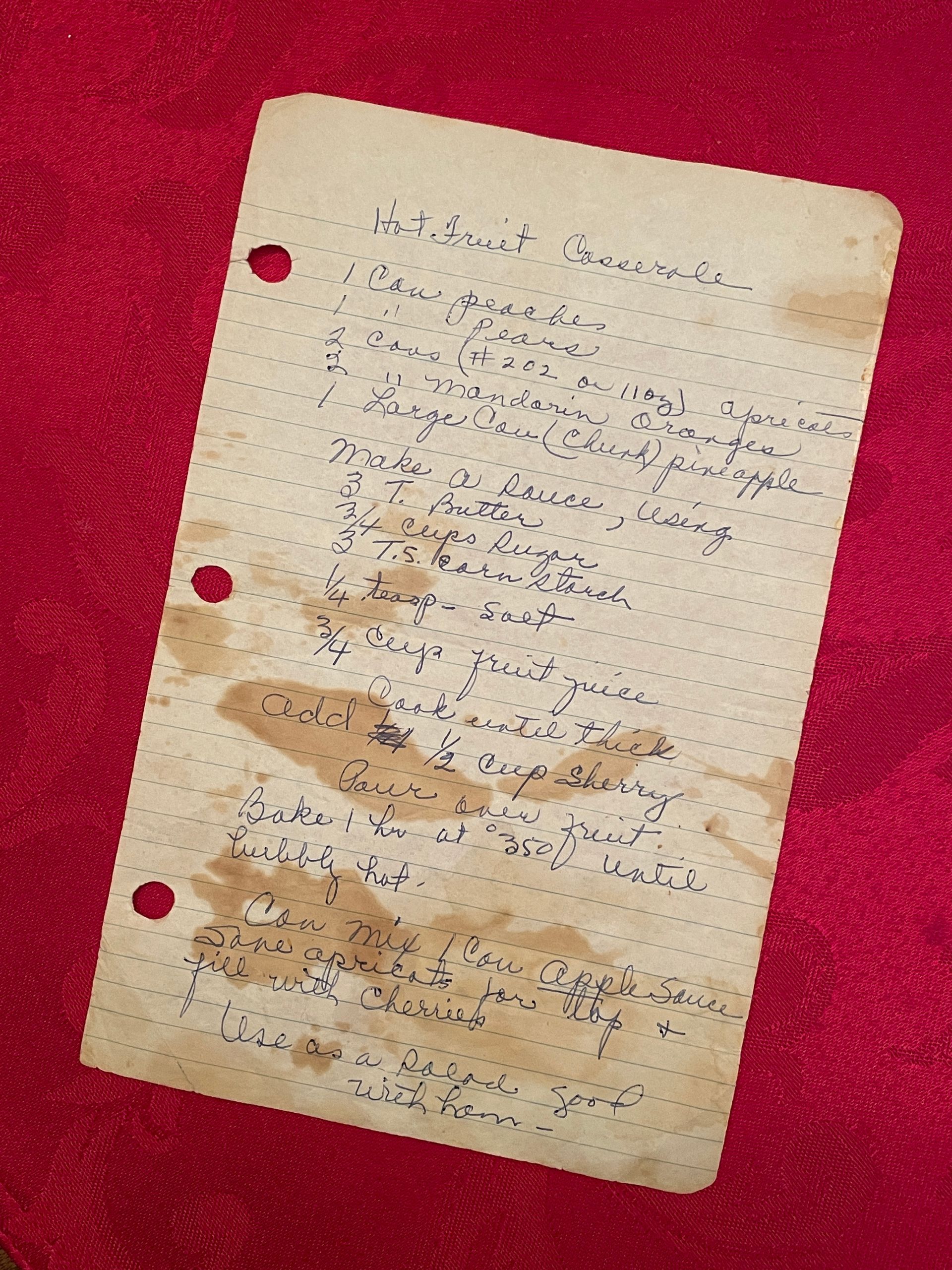
A Year of Grief Support
Sign up for one year of weekly grief messages designed to provide strength and comfort during this challenging time.
Please wait
Verifying your email address
Please wait
Unsubscribing your email address
You have been unsubscribed
You will no longer receive messages from our email mailing list.
You have been subscribed
Your email address has successfully been added to our mailing list.
Something went wrong
There was an error verifying your email address. Please try again later, or re-subscribe.


